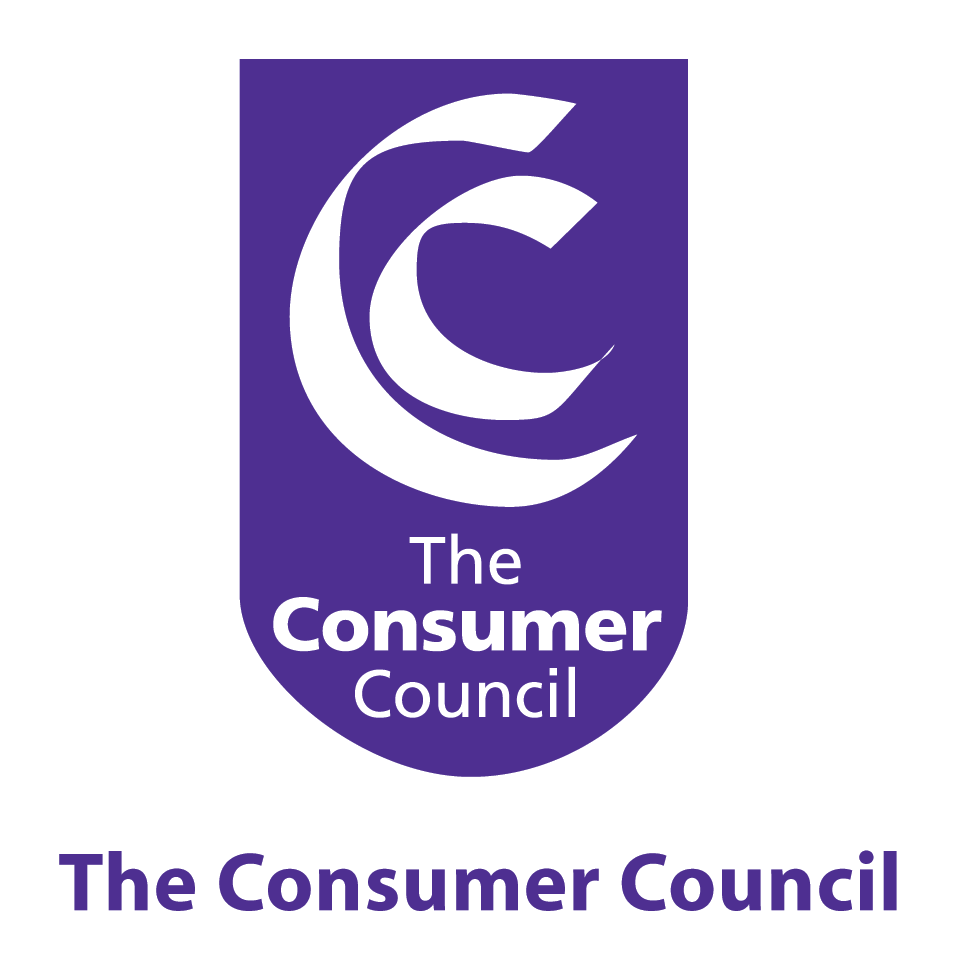Consumer protection key to achieving the energy transition

In the second of a three-part series, Director of Infrastructure and Sustainability at the Consumer Council, Peter McClenaghan, discusses the organisation’s recent engagement with consumers which finds that people need assistance, honesty, and protection, in exchange for participating in the energy transition.
The Consumer Council is Northern Ireland’s consumer representative body and works to promote and protect the interests of consumers.
A key aspect of the Consumer Council’s role is to facilitate understanding of consumer attitudes amongst policy makers and businesses. We do so via annual consumer studies, daily interaction with consumers, and one-off engagement exercises like the Consumer Forum on consumer protection during the energy transition, which we held in February 2023.
Research of this type deepens our collective understanding of consumers’ lived experience and attitudes to decarbonisation. Such understanding is essential if we are to put in place the necessary support structures needed to achieve Northern Ireland’s net zero target.
The challenge
Achieving our net zero goals will require us all to make significant behaviour change to reduce our carbon emissions. Most of us will need to change how we heat our homes, travel, shop, and perhaps even adapt our diets.
For some of us, these changes will not be affordable without help, for others, they may not be palatable, and for many of us, they will not be easy.
When the Consumer Council discusses the opportunities and challenges the energy transition presents with the people of Northern Ireland some themes consistently arise; the need for protection, honesty and assistance in the form of education, affordability, and simplicity.
Assistance
There is a responsibility on energy sector leaders, government, policy makers, regulators, energy suppliers and equipment installers, to empower consumers to make the necessary changes in our daily lives that enable us to reduce our household carbon emissions.
In the first part of this series (agendaNi issue 114), we outlined how consumers told us they need assistance in the form of knowledge, affordability, and simplicity to facilitate behaviour change.
This will necessitate education to close the knowledge gap. At the present time, consumers tell us they do not have sufficient information to help them make the informed decisions which are critically important during a period of significant change.
Measures to alleviate consumers’ cost concerns are also essential. Incentives, grants, and low-interest loans will play a crucial role in helping us all to make lifestyle changes.
Simplicity will be crucial. We must make lifestyle change easy through good infrastructure planning, straightforward customer interfaces, and providing smooth access to the tools and applications consumers need to support our decision making.
Honesty
We are collectively learning that decarbonisation may come at a cost to our finances and the way of life we are used to.
Consumer Council research shows that many of us are willing to accept some cost but expect honesty in return. Consumers want energy transition leaders and decision-makers to be straight, open, and transparent with them about the tough choices that may have to be made.
Trust in the sector has been eroded by the energy price crisis, with consumers seeing companies generate record profits despite their bills rising.
If this is combined with demands for change upon individual householders or communities without adequate explanations that address people’s concerns, we will find that consumer behaviour becomes even more difficult to shift.
“Without adequate consumer protection we will not achieve our decarbonisation goals but protect consumers and their confidence will drive the new domestic market in renewable heat and power.”
Protection
The overriding message coming from our Consumer Forum participants is that consumer protection is vital. During a facilitated discussion regarding the issues and demands upon individual households that may arise during the energy transition the participants highlighted their needs:
• Protection from mis-selling: This includes being sold technology that is, or quickly becomes obsolete, products that are not fit for purpose, and the upselling of unnecessary extras.
• Cost protections: Price caps on equipment and access to impartial guides to best value. A requirement on energy suppliers to offer tariffs that fit consumers’ needs and means.
• Installation: Supplier and installer certification and registration. Protections against damage and disruption during installation of new equipment.
• Plain language and numbers, particularly in the terms and conditions.
• An ultimate complaints arbiter.
Solutions
The Northern Ireland Energy Strategy places consumers’ needs at the heart of its decarbonisation ambitions. It is essential that we build on this commitment by developing appropriate consumer education, regulatory protection, and financial support structures.
A fantastic starting point would be agreement on clear, honest, and straightforward messaging from the sector in order to build and sustain trust in the sector, in the likely providers of new technologies, heating systems, and fuel sources and to begin encouraging consumers to change their behaviour.
This should be enhanced through coordination and the establishment of a single body to become the trusted voice to educate consumers about renewable technologies and guide and support them through their decarbonisation journeys.
Strong consumer protection already exists in parts of our consumer energy market, including standards of service regulations, critical care registers, product kite marks, installer registration, and established second-stage complaint bodies such as the Consumer Council. It is important that we build upon these frameworks so that all energy consumers, regardless of fuel used, receive an appropriate standard of consumer protection. This should include meeting consumer demand for an ultimate complaints arbiter.
Consumers tell us adequate protection is their bottom line for involvement in the energy transition. Without adequate consumer protection we will not achieve our decarbonisation goals but protect consumers and their confidence will drive the new domestic market in renewable heat and power.
To read the Consumer Council’s latest report – Consumer attitudes to protection during energy decarbonisation visit: www.consumercouncil.org.uk
To read the first of this three-part series visit: www.agendani.com/guiding-the-energy-transition/
Contact the Consumer Council:
T: 028 9025 1600
E: contact@consumercouncil.org.uk
W: www.consumercouncil.org.uk





